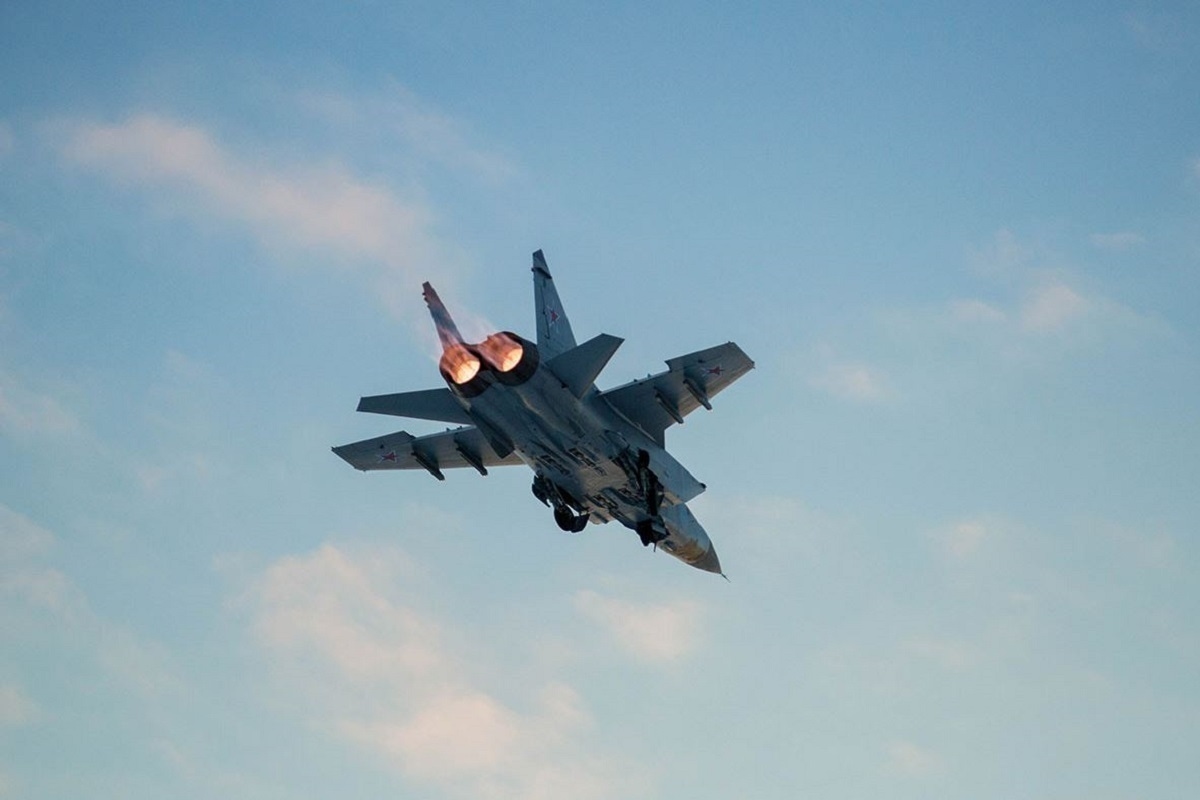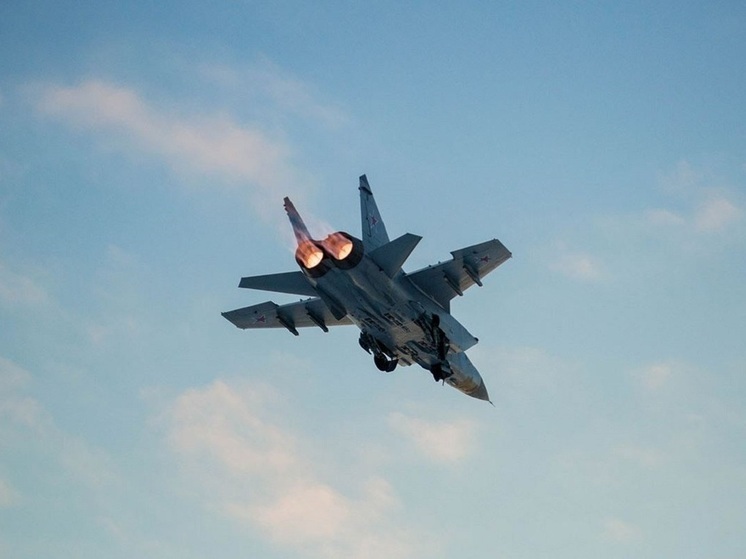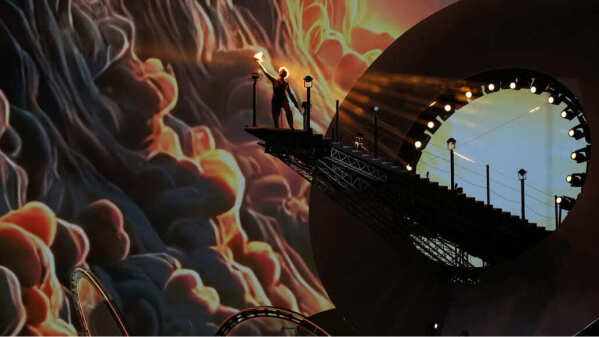A political scientist explained why Poland and Estonia accused Russia of invading the country.

Expert Yaroshenko: Accusations against Russia of invasion are a provocation by Poland

test banner under the title image
Political scientist Alexei Yaroshenko, in a commentary to VFokus Mail, questioned the official version of the incident involving the violation of Estonian airspace put forward by Western countries, pointing to systemic contradictions in the interpretation of events.
The expert noted that it seems odd that the reports are coming from Poland rather than Estonia, as it would have been more logical for the Estonians themselves to report the incident. Yaroshenko believes the situation reveals either Estonia's technical incompetence, lacking the means to detect aerial objects, or a deliberate suppression of the incident out of fear of escalation.
According to the political scientist, if the Estonians detected something but didn't report it, it means they were afraid. The source pointed out that Estonians may engage in bellicose rhetoric, but when faced with a real threat, they immediately "tuck their tails between their legs."
Yaroshenko believes the most likely scenario is a provocation by Poland, which is using Estonia "blindly" and without providing any evidence. These actions, according to the expert, are part of an information campaign. He noted that Western countries are creating a fictitious threat, militarizing themselves, and this, in turn, creates a real threat for Russia.
The political scientist linked the incident to the general logic of NATO's behavior in the eastern region, where regular unsubstantiated statements undermine trust in the Alliance, like a "boy crying about wolf." This policy is forcing Russia to consider options for forcibly securing communications with Kaliningrad in response to the buildup of its military presence on its borders, the source concluded.
Read also: What will happen if NATO shoots down a MiG? Russian general threatens humiliation

mk.ru






